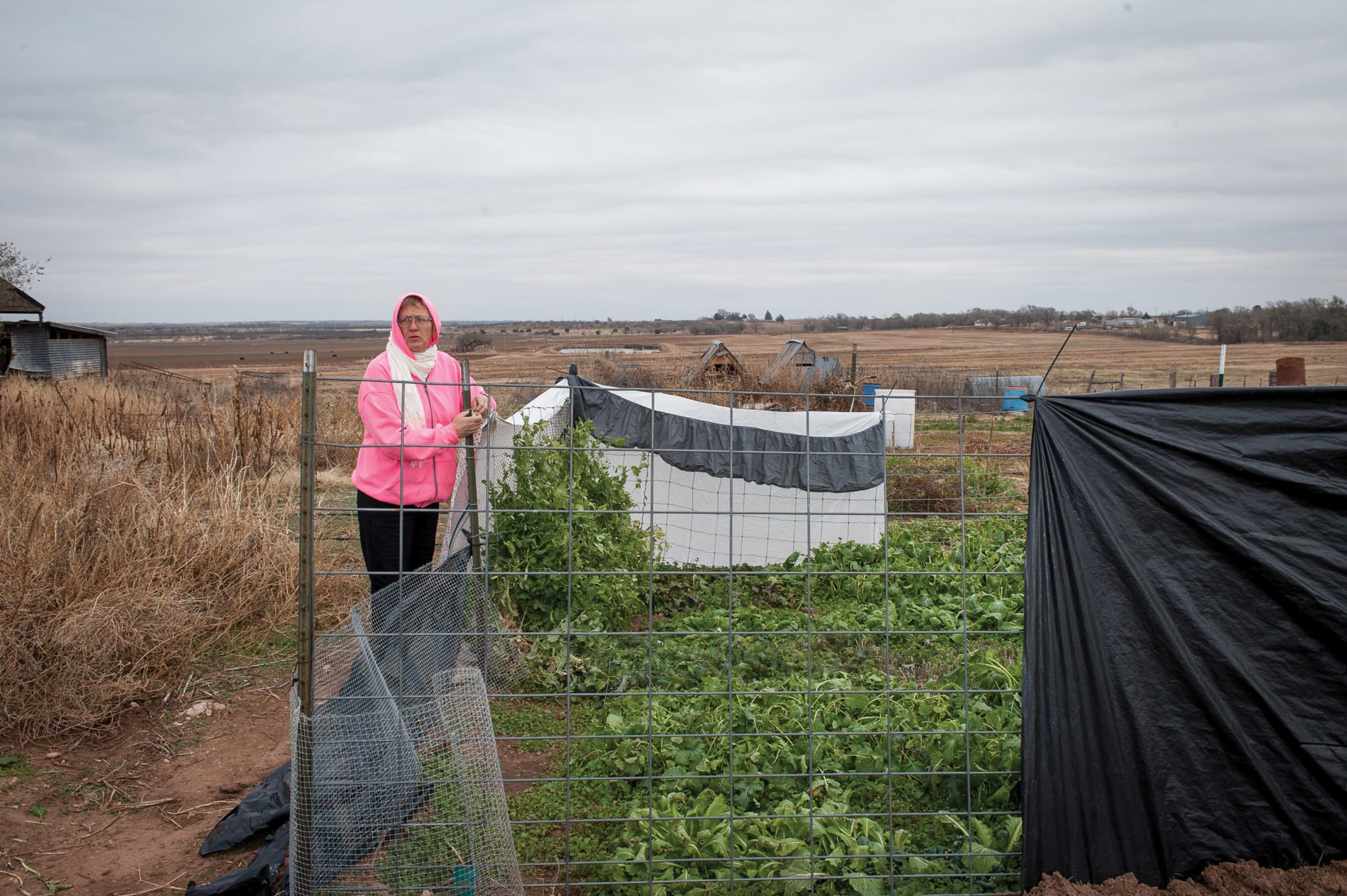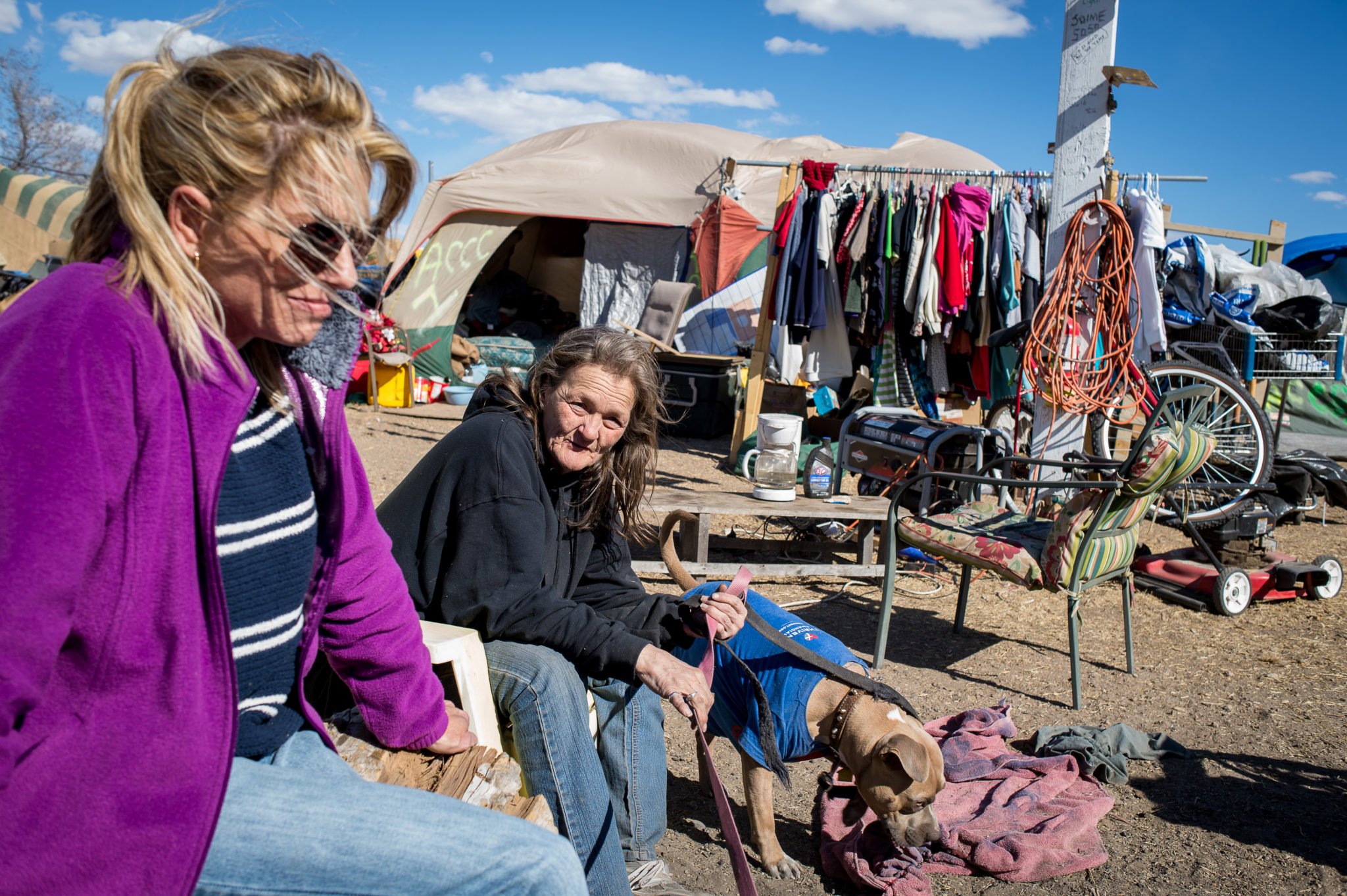
The Book Report: Small Town Dreams
A version of this story ran in the June 2015 issue.
A long FM 2943 in the Texas Panhandle, following an almost straight shot through miles of cotton and cornstalks, is a dip in the otherwise level prairie where the stench of cow manure rises off two feedlots that face each other across the road. It’s an overwhelming odor that penetrates the vents of the vehicle, your lungs and your memory, filling you with a vapor so onerous you can feel the carbon footprint stomping in your nostrils, constricting your throat. My dad says folks back home call it the smell of money.
Not much is subtle in our state. Not the fumes of our pollution, not the size or swag of our belt buckles, not our regional accents, and especially not our obsession with this place. From North Texas farmers in fertilizer-soaked shirts to fifth-generation Valley Tejanos to alligator-boot-wearing businessmen strutting around downtown Austin, we Texans may have our differences, but we all love our legends almost as much as we love our state.
Writer Keija Parssinen, recently of Missouri and currently living in Oklahoma, attempts to tap such a Texas legend with her second novel, The Unraveling of Mercy Louis. With prose that swirls quicker than a twister above the Lubbock sky, Parssinen places Texas, basketball, religion and misogyny in a Mason jar and makes it whirl like a vortex, creating a narrative as unsubtle as the state it calls home. Though her résumé stacks up with the best of them—a Truman Capote fellowship, degrees from Princeton and the Iowa Writers’ Workshop— too often Parssinen’s writing reads like a product of those lofty programs, with purple language and a plot that wraps up as predictably as a legislative debate.
Witness this oversaturated introduction to the novel’s citizenry: “Today, though, even the stoners are asleep, crashed out in the Gulf Breeze apartments if they’re the kids of refinery grunts, or on the hill if they’re kin to the managers and office workers, still poor but at least off the Fenceline, where every kid seems to have asthma or a rap sheet.”
The clichés don’t stop with the prose itself, as many of Parssinen’s characters ooze Texas stereotype. There’s Beau Putnam, the wealthy, heartless refinery boss with political ambitions; his rebellious rich-girl daughter, Annie; the overbearing religious zealot, Evelia; and the novel’s perfect and pure heroine, Mercy Louis, the town’s basketball star, who clings to her virginity almost as fiercely as she clings to her dream of playing Division 1 college hoops.

By Keija Parssinen
HARPERCOLLINS
$25.99; 336
Mercy Louis comes off as having been written by someone who lived in Texas a little while (Parssinen spent some of her middle- and high-school years here), just long enough to fall in love with bluebonnets and South Congress and Marfa and add “y’all” and “yes ma’am” to her vocabulary, but not long enough to fully understand this place. This book is not about Texas. It could have been set in any small town almost anywhere in the South.
But the novel is set in Port Sabine, a fictitious Gulf Coast town where “murder rates rise with the heat [and] hurricanes brood off the coast, waiting to batter us.” The story opens in the summer of 1999 with the discovery of a dead baby inside a Lone Star beer box buried in a dumpster outside a convenience store—a discovery that quickly leads to a mass-hysteria witch hunt for the culprit. (Mercy Louis invokes the Salem witch trials throughout, with many of its characters’ names cadged from that event.) Parssinen deploys the murdered baby and the imminent close of the 20th century in the construction of an atmosphere ripe for panic. If the reader is old enough, he or she will recall the particular paranoias surrounding the end of the millennium: Would our computers cease to work? Would the Y2K bug trigger a nuclear holocaust? Would we find ourselves lost wanderers in a cannibalistic fight for survival à la Cormac McCarthy’s moody The Road? It was with a strange sort of nostalgia that I read The Unraveling of Mercy Louis.
After choking in a junior-year playoff game, Mercy works on improving her skills before her final season, despite the media frenzy surrounding the dead baby and despite the Rapture that her grandmother Evelia, the strict evangelical who is raising her, says is fast approaching. “I never expected it to come so soon,” Mercy narrates. “I should be glad to go to heaven, but all I can think about is that December 31 falls in the middle of basketball season. If the world ends that night, we won’t make it to State.”
The end of the world and basketball are all Mercy can think about, at least until she receives a letter from her absent mother, Charmaine. Mercy knows Charmaine only through Evelia’s recollections, which paint her as a drug addict, a sinner and a whore, usually found “in a soiled bed grunting like an animal with a man who doesn’t know her name.”
Mercy loses purity points of her own when she falls in love with a boy named Travis, a guitar-strumming poet with whom she has her first sexual encounter. Shortly afterward she falls mysteriously ill—her shooting arm begins to spasm without warning, and at times she loses the ability to communicate. Soon other girls from the team begin to suffer similar afflictions. With doctors stumped, theories develop about the illness ranging from a spell cast by local bogeyman Lucille Cloud to the Loup Garou (the Cajun werewolf) to the town’s refinery, which has lately been emitting a more-noxious-than-usual odor.
Untouchable on the court, off of it the girls are go-nowheres in a nothing town in a state where that identity means no respect, few rights and little autonomy over their own lives, much less their bodies. The collective illness, coupled with the continuing hunt for the mother of the murdered baby—assumed by most to be a high school tramp who reneged on her purity vows—gives the townspeople the excuse they need to slut-shame the girls and to express noisome attitudes about rape and abortion. Following the 2013 legislation that shuttered women’s wellness clinics across the state, Parssinen here highlights a hot-button issue and weaves a morality tale in which, as one character puts it, “You’d think being a girl was the fucking crime.”
Despite such intriguing plotlines, the novel wraps up (spoiler alert) rather too tidily. The beset girls return to more or less normal. The refinery is investigated, and Beau Putnam gets his comeuppance. As does Evelia and everyone else who deserves it. No one is found responsible for the baby in the dumpster, but that doesn’t seem to matter. Mercy leaves Port Sabine and plays college basketball after all. The Rapture doesn’t come. The world doesn’t end. The good guys and girls win. And as anyone who’s ever spent any time in small-town Texas knows, that never really happens.


